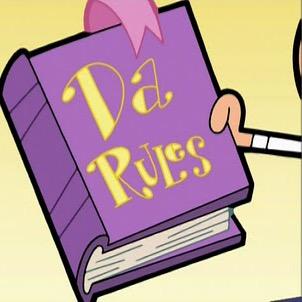I don't know about you, but I can certainly remember free-writing in middle and high school, with teachers telling us, "Don't worry about the grammar and mechanics for these...Just write!" — But Jeff Anderson in Mechanically Inclined brings up a great point about this. While we shouldn't necessarily worry about the grammar and mechanics, it should certainly matter. Those conventions aren't just so arbitrary that we throw them out whenever we please. Instead, Anderson tells us to:
"EXPERIMENT with spelling, punctuation, and grammar" (32)
Free-Writing Rules
While it might seem a little oxymoronic to talk about rules for free-writing, I'm a big fan of the rules that Anderson lays out in Mechanically Inclined (32), which includes the experimentation which I talked about above. Here's his full list:
- Write. Just write. Keep your hand moving.
- Experiment with spelling, punctuation, and grammar.
- Go wherever your writing takes you. (If another story comes to mind, maybe that's what you should be writing about. Go for it.)
- Be specific. (As you teach strategies like naming concrete nouns ... , encourage those things in first-draft freewriting by praising them when read aloud.)
- As Natalie Goldberg says, "You are free to write the worst junk in America (1990, p. 4). (Students need to know that everyone has doubts about their writing...)

As I read the above list, especially #1, I was reminded of Tom Romano's Crafting Authentic Voice, which I read earlier this semester. He kept saying, "TRUST THE GUSH"! This is especially important and relevant when talking about free-writing because it's not truly free-writing if you're not trusting the gush. However, we have to make sure we have our students keep those conventions in mind when they're gushing. Like I said, be mindful, but as Anderson says, experiment! :-)